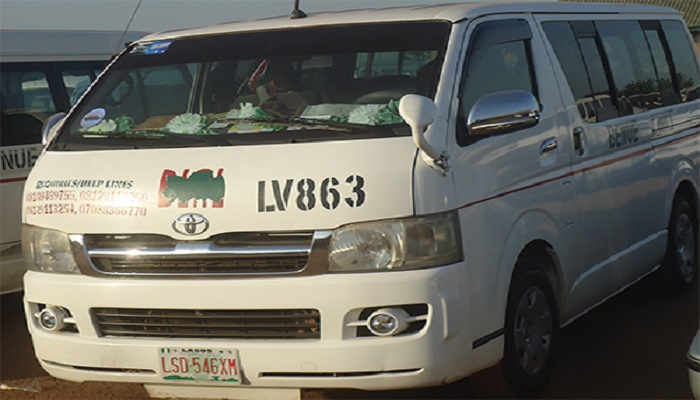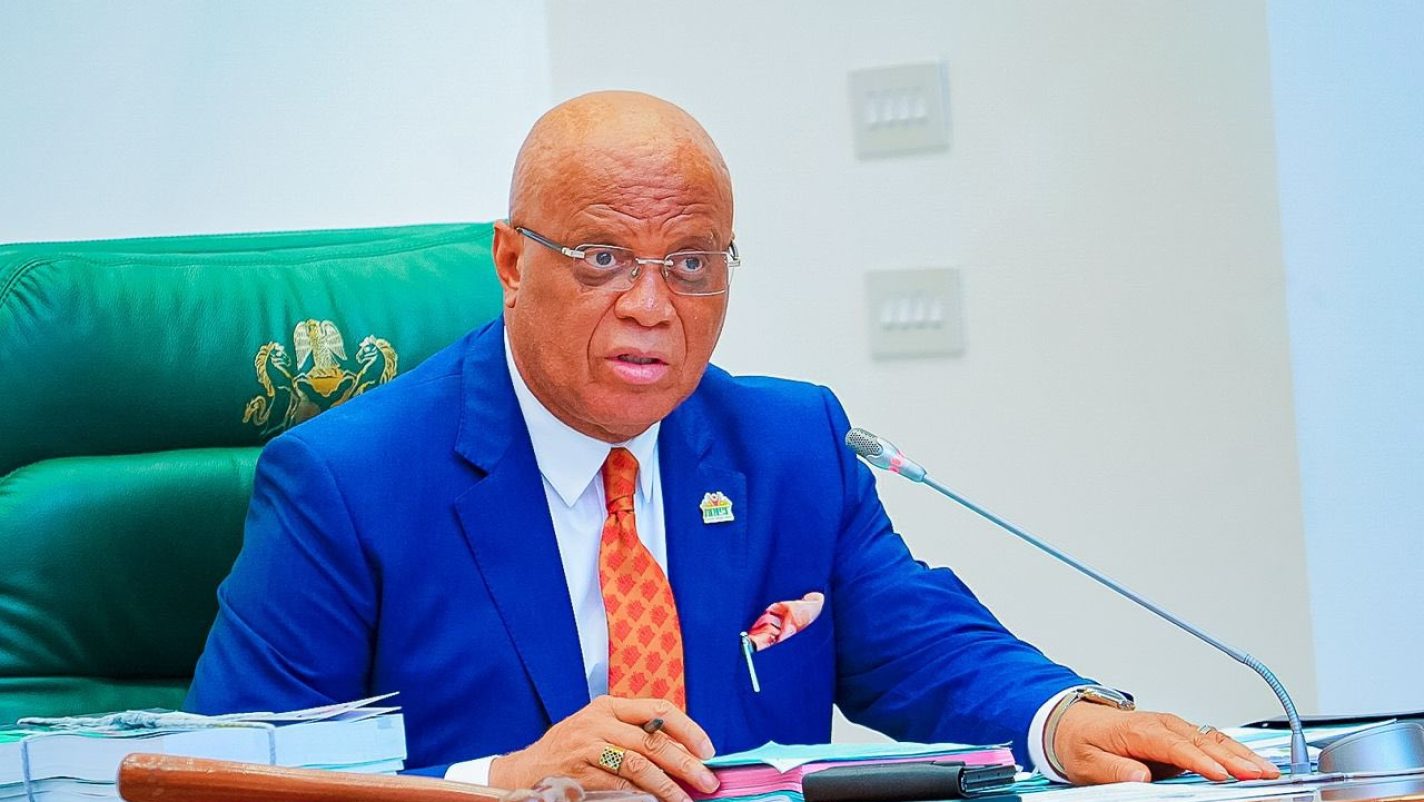2027: Why Tinubu must go - Atiku, El-Rufai, Amaechi
Former Vice President Atiku Abubakar, former Governors of Kaduna and Rivers States Nasir El-Rufai and Rotimi Amaechi, as well as other opposition figures involved in the coalition against President Bola Tinubu, have reiterated their resolve to oust the ruling All Progressives Congress from power in 2027.
The trio spoke separately during a public lecture with the theme “Weaponisation of poverty as a means of underdevelopment: A case study of Nigeria,” to commemorate Amaechi’s 60th birthday, in Abuja on Saturday.
In his remarks during the event, Atiku noted that while growing up, he, like many others, knew Kano as one of the wealthiest northern cities with citizens catered to.
He said: “I never saw people sleeping outside or outside their shops because then, there were no bridges or flyovers. Recently, I saw people sleeping on the streets and under the bridges who were driven out by poverty.”
“There is a state agency in Kano responsible for taking care of such people and enlightening them, and they started doing their work. What happened? They were invited to Abuja and were told to stop.”
“That is why I said I wanted to amend the topic of today to add ‘State Weaponisation of Poverty.”
“This particular government is weaponising poverty. That is why we are in this alliance – to make sure we don’t allow them to continue to weaponise poverty.”
Speaking in a similar vein, the celebrant, former Governor Rotimi Amaechi, explained that his refusal to support Bola Tinubu in 2023 was rooted in his knowledge that Tinubu didn’t have the capacity for the job.
Amaechi said, “I told Tinubu in Yola, I will not support you; I will not work for you. I did not work for him; I did not vote for him. It was the issue of capacity.”
“Some of us who are here are also those who vote on an ethnic or religious basis. Innocent, uneducated people are manipulated to vote based on ethnicity and religion—that’s why we are here.”
“When we leave here, we go to plot to go and grab power; no Nigerian leader cares for you.”
“You that voted Muslim/Muslim ticket, let the Muslim market come out now. For us in opposition, if you want us to remove this man, we can remove this man from power.”
“We want to submit to the opposition if the opposition will take us out of this problem.”
“They are weaponising poverty by stealing the money they should have used to build hospitals and schools.”
“The benefit of the fuel subsidy removal is in their pockets.”
He said he was ashamed because things have gone so bad that carrying the green Nigerian passport internationally has become a burden.
Amaechi said, “I’m ashamed; I was detained in Germany for 30 minutes. I did nothing; I was going for a medical check-up. They asked for my return ticket; I showed them. They said, Wait, just because I was carrying a green passport.”
While calling on Nigerians to stand up and hold leaders accountable, he recalled his days as a student union activist with the National Association of Nigerian Students (NANS), when he and other colleagues would meet in Kano under the cover of night and disperse into the city without fear of molestation.
This, he noted, was no longer possible because abductions and other forms of criminal activities have become the order of the day because of multidimensional poverty.
According to him, during his time as Rivers State Governor, a lot of times when he noticed an upsurge of crime, he instructed the finance commissioner to pay contractors and other categories of workers what was owed them, and like magic, the crime rates plummeted.
His former Kaduna State counterpart, Nasir El-Rufai, in his intervention, said the celebrant has been a “co-conspirator” in a number of endeavours they’ve both been involved in on the political scene.
El-Rufai expressed disappointment that Nigerians keep repeating the same mistake of electing the worst among us into positions of authority.
He said, “We are in this coalition to put Nigeria back on the right track.”
Speaking on the topic of the day, the prelate of the Catholic Church in Abuja, Cardinal John Onaiyekan, admonished politicians to see their vocation as a service to God.
He explained that politics should not be an avenue for the accumulation of personal wealth but to render service, which ultimately means uplifting the quality of lives of citizens to the glory of God.
The Emir of Kano, Sanusi Lamido Sanusi, while speaking earlier, noted that he came face to face with poverty when he ascended the throne.
The ex-Central Bank of Nigeria governor said, “Many of the elite in Nigeria do not know what poverty is. As an economist and former CBN governor, I see the numbers. I did not know poverty until I became Emir.”
“And you go to the village and see the water they drink, the houses they live in—two-block classrooms without roofs.”
“Do we actually love the people, or do we just love ruling over them? What are our priorities?”
“We make overpasses and underpasses for ourselves in the cities, while those in the rural areas cannot reach hospitals. We are in crisis; how do we get out? should be our focus.”
Sanusi charged those saddled with the responsibility of leadership to inculcate the virtues of empathy with those they’ve been given a responsibility to lead.
A former Executive Secretary of the National Health Insurance Scheme, Prof. Usman Yusuf, on his part, explained that most of the cases being handled in hospitals today were not medical but poverty-induced social problems.
Yusuf blamed corruption and bad governance for the multidimensional poverty in Nigeria. He said unless citizens live up to their responsibilities and vote for what is right.
Earlier, the guest lecturer, Dr Chidi Amuta, noted that unlike in other climes, in Africa, democracy as a system of governance has remained stunted because post-colonial parliaments were decreed into existence on the backs of poor people.
He said, “The form of political organisation preceded the content of the lives of the people. An unproductive political elite foisted formal democracy on the people who were mostly poor. This is the major reason why democracy has remained stunted in most of Africa.”
Also Read
Amuta equally noted that the categorisation of poverty in Nigeria as “multidimensional” unsettled our politicians.
He said, “While the politicians are used to saying that we have an internal poverty republic of about 100 million people, the new NBS categorisation now puts Nigeria’s poverty population at a disarming 133 million.”
“This represents 65 per cent of the fictional total population of about 220 million. In simple language, this means that those who are not poor have now been overwhelmed by the poor.”
“The poor are now omnipresent, literally all over us, in fulfilment of the Biblical saying that ‘the poor you will always have with you.’”
Dignitaries at the event include former Vice President Atiku Abubakar; former National Chairman of the Peoples Democratic Party (PDP) Uche Secondus; Ex-Chief of Army Staff General Tukur Buratai; former National Chairman of the All Progressives Congress (APC) Chief John Odigie-Oyegun; and ex-governors of Benue, Niger, Cross Rivers, and Bayelsa States: Gabriel Suswam, Babangida Aliyu, Liyel Imoke, and Senator Seriake Dickson.
Others include Senator Tunde Ogbeha, Orji Kalu, and former Minister of Youths and Sports Bolaji Abdullahi.
Post Views: 13











